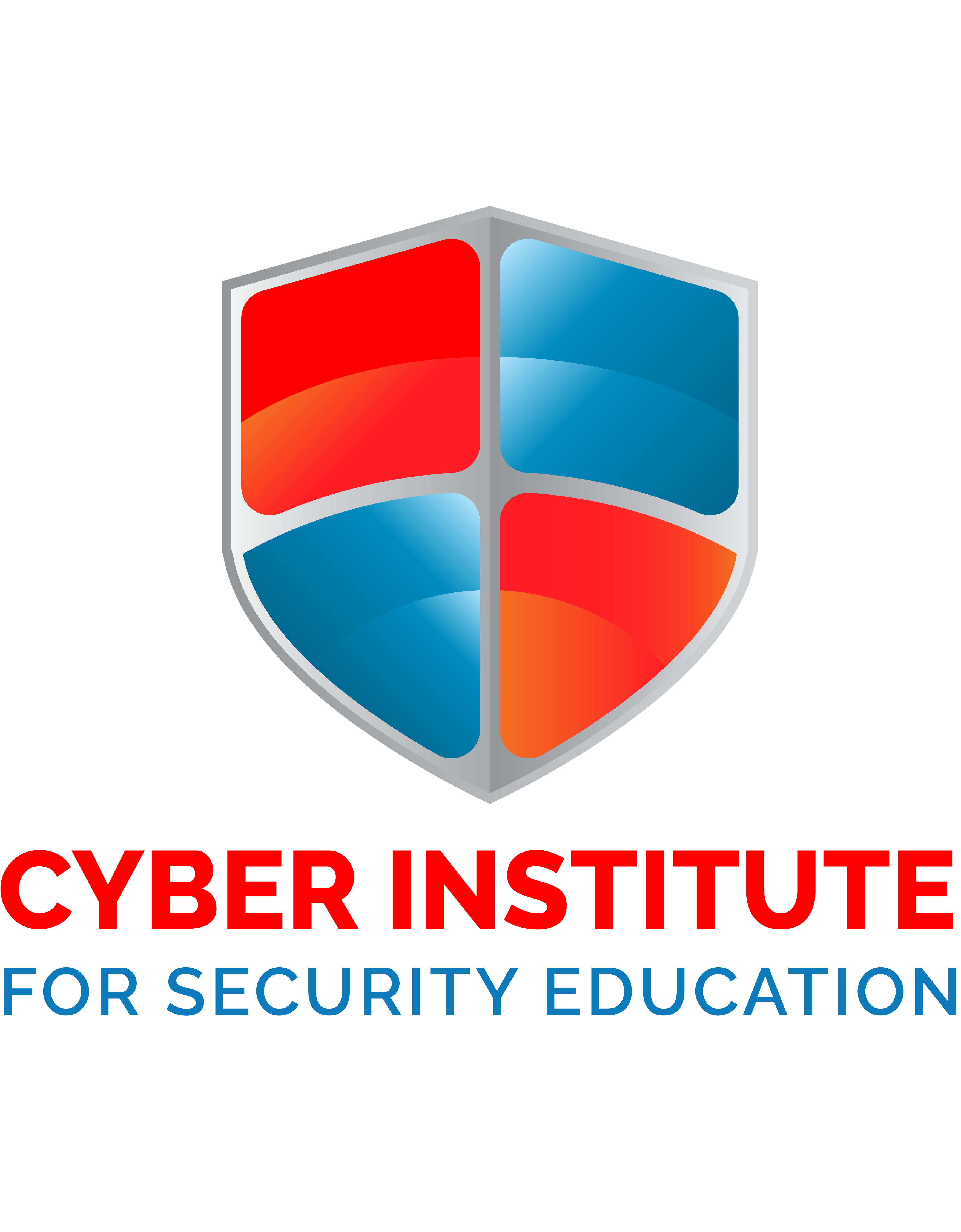TRAIN FOR NEXT GENERATION
Hardware Fundamentals Program
Hardware Fundamentals program stands as a cornerstone in the IT industry, providing a crucial foundation for career advancement and specialization. Aspiring IT professionals view it as an essential gateway to establishing credibility and expertise in the field.
Central to the Hardware Fundamentals Program is its comprehensive coverage of essential technical skills. From delving into the intricacies of PC hardware components to troubleshooting complex issues, the program equips participants with a diverse skill set vital for thriving in entry-level IT roles. Additionally, its incorporation of mobile device hardware and operating systems mirrors the evolving landscape of technology and the growing importance of mobile devices in today’s digital era.
The certification process entails rigorous preparation and commitment, requiring candidates to showcase proficiency across various domains through rigorous assessments. These assessments not only evaluate theoretical knowledge but also gauge practical skills through hands-on simulations, ensuring certified individuals can effectively apply their expertise in real-world scenarios.
what is the CISE Academy Hardware Fundamentals Program?
____________________
Hardware fundamentals encompass the foundational concepts and components integral to computer systems, forming the bedrock of knowledge essential for individuals venturing into IT, computer science, or related fields. This understanding serves as a cornerstone for anyone seeking to comprehend and engage with computer hardware effectively.
At its core, hardware fundamentals encapsulate the physical elements comprising a computer system, providing the structural framework upon which digital operations unfold. These components include the central processing unit (CPU), responsible for executing instructions and performing calculations, along with memory modules (RAM) that facilitate data access and manipulation in real-time.
Moreover, hardware fundamentals extend to encompass storage devices such as hard drives and solid-state drives, essential for retaining data over extended periods. These storage mediums serve as repositories for operating systems, applications, and user-generated content, enabling seamless access to information whenever required.

In addition to essential processing and storage components, hardware fundamentals encompass input/output (I/O) devices crucial for interaction with computer systems. These include peripherals like keyboards, mice, and monitors, which facilitate user input and output, enabling communication and control over digital processes.
Furthermore, networking devices such as routers, switches, and network interface cards form an integral part of hardware fundamentals, facilitating communication and data exchange across interconnected systems and networks.
Key Advantages of Hardware Fundamentals Certification
____________________
The Hardware Fundamentals Certification serves as a reputable starting point for individuals stepping into the IT domain, affirming essential proficiencies in hardware, software, and networking.
- Performance optimization.
- Enhanced reliability.
- Robust security features
- Scalability for growth
- Interoperability and compatibility.
- Improved energy efficiency
Hardware Fundamentals Certification Information
____________________
Module 01: Introduction to Computer Hardware
Module 02: Computer Memory and Storage
Module 03: Input and Output Devices
Module 04: Data Representation
Module 05: PC Hardware
Module 06: Computer Architecture
Module 07: Operating Systems
Module 08: Computer Networks
Module 09: Hardware Troubleshooting
Module 10: Peripheral Devices
Aspiring IT Professionals
Computer Science Students
IT Career Seekers
Hardware Enthusiasts
Tech Hobbyists
IT Job Seekers
Computer Science Enthusiasts
IT Beginners
Computer Science Beginners
Tech Enthusiasts
1-Advanced processor architectures for higher performance.
2-Integration of AI accelerators for enhanced computing capabilities.
3-Adoption of emerging memory technologies like MRAM and RRAM.
Gain a solid foundation
Hands-on troubleshooting
Boost IT career
Online and in-person
Tailored learning experience
Connect with industry professionals
Prepare for industry certifications
Learn practical applications
Access course materials indefinitely
Hands-On Learning
Hardware Fundamentals FAQs
What is the importance of learning hardware fundamentals?
Understanding hardware fundamentals is essential for anyone working with computers, as it provides a foundational knowledge of how computer systems work and how to troubleshoot hardware issues.
Are there any prerequisites for learning hardware fundamentals?
No specific prerequisites are required, but basic computer literacy and an interest in technology are beneficial.
How can I apply the knowledge of hardware fundamentals in real-world scenarios?
Knowledge of hardware fundamentals is applicable in various roles, such as IT support, system administration, and hardware maintenance, where understanding computer hardware is essential.
Is hardware fundamentals certification available?
There are various certifications available in the field of hardware fundamentals, such as CompTIA A+ certification, which validates the knowledge and skills required for entry-level IT positions involving hardware.
How can I further advance my knowledge after completing a hardware fundamentals course?
After completing a hardware fundamentals course, you can consider advanced courses in computer hardware, networking, or system administration to further enhance your skills and knowledge.
